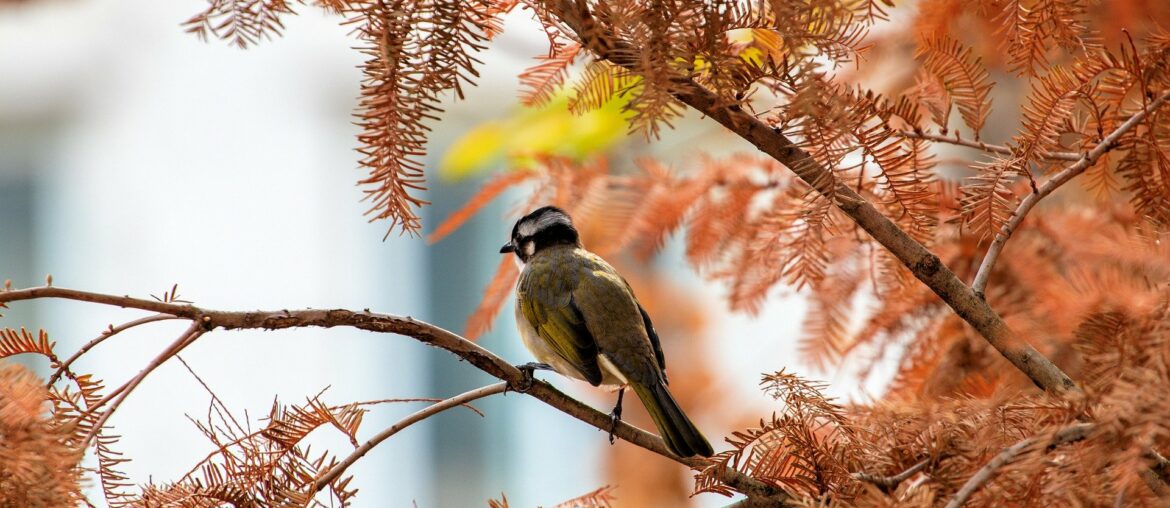You don’t need to look very far to find amazing wildlife – it’s right on your doorstep!
With the country in lockdown and cabin fever setting in, consider engaging with the wildlife outside your door by feeding the wild birds. Birdsong is a common sound to us all, but we are often all too busy to really notice. So, as the world slows down, take a minute to admire their volume, control and complexity by encouraging an array of birds into your garden.
There are over 400 species of wild birds found in the UK, and feeding them can be hugely beneficial:-
- It can be highly educational to learn behaviours, identification, personalities, and how they adapt to seasons
- Many birds will provide pest control by also feasting on insects, worms and spiders
- They will assist in flower pollination, as well as providing weed control
- It is a simple way to interact with nature whilst offering a helping hand as natural habitats are destroyed
When to Feed
You might think that food shortages would only occur in winter, or conversely you may think that there are no birds around in winter so you don’t need to put food out, when actually it may be critical for them as shortages can in fact occur at any time of the year. Feeding the birds all year round will give them the best chance of survival. If the weather turns cold or wet through summer for instance, a shortage of insects can occur, and similarly during exceptionally dry times, earthworms are likely to be less available.
However, it is really important that you put the right food out at different times of the year and ensure good hygiene practices or you may do more harm than good. For instance, feeding fat balls in warmer weather can make them go soft and rancid which can make birds unwell. Feeding anything large such as peanuts or bread can also be a choking hazard if birds feed them to their nestlings during the breeding season because food is sparse.
What to Feed
During spring and summer, birds require high protein foods particularly whilst they are moulting, building nests and caring for their young. Their food should include:-
During autumn and winter birds require high fat foods to survive frosty nights and replenish energy stores. They will also have a more successful mating season the following spring when they receive the right nutrients throughout winter. Food should include:-
How to Feed
There are many ways that you can provide birds with food, and you will soon determine which methods they prefer. But make sure you also supply fresh water in a shallow bird bath all year round as birds lose water through respiration and droppings, and so most need to drink twice a day to replenish these losses. Bathing is also essential to keep their feathers in good condition for warmth, flight and waterproofing. The most common ways of feeding include:-
- A bird table is suitable for most species of birds and types of food, and the roof will help protect it from the elements. They make food easily accessible for birds, and also look smart in your garden.
- Feeders can be a good way to encourage lots of birds by hanging a few in different areas of your garden to reduce competition, and they are generally a much cheaper option. They come in a whole range of designs for different reasons, for example peanut feeders should be rigid with very small holes to prevent large pieces of nuts being eaten.
- For fat balls, using a hanging feeder is much better than nets, as these can damage a birds beak and cause them to become tangled.
- Coconut shells are also a great way to attract small birds, and are easily hung around the garden.
Whichever method you choose, ensure they are positioned where birds can feel safe from predators. Providing these feeding stations at varying levels will give you the best chance of attracting different species. You should also scrub your bird feeder regularly in hot, soapy water and remove any droppings or wet, mouldy food so as to help prevent the spread of disease and attracting unwanted pests.
All Set!
Once you establish a feeding routine, try not to change it as the birds will become used to it and time their visits to your garden accordingly. Remember to make sure food is always fresh, and don’t be tempted to buy cheap mixed seed – these often include fillers that many birds won’t eat and will instead throw them to the ground, causing sprouting weeds. It is more economical to determine which seeds the birds prefer and only offering this so that none goes to waste. Finally, sit back and watch the birds in the knowledge that you are helping them survive all year long!


